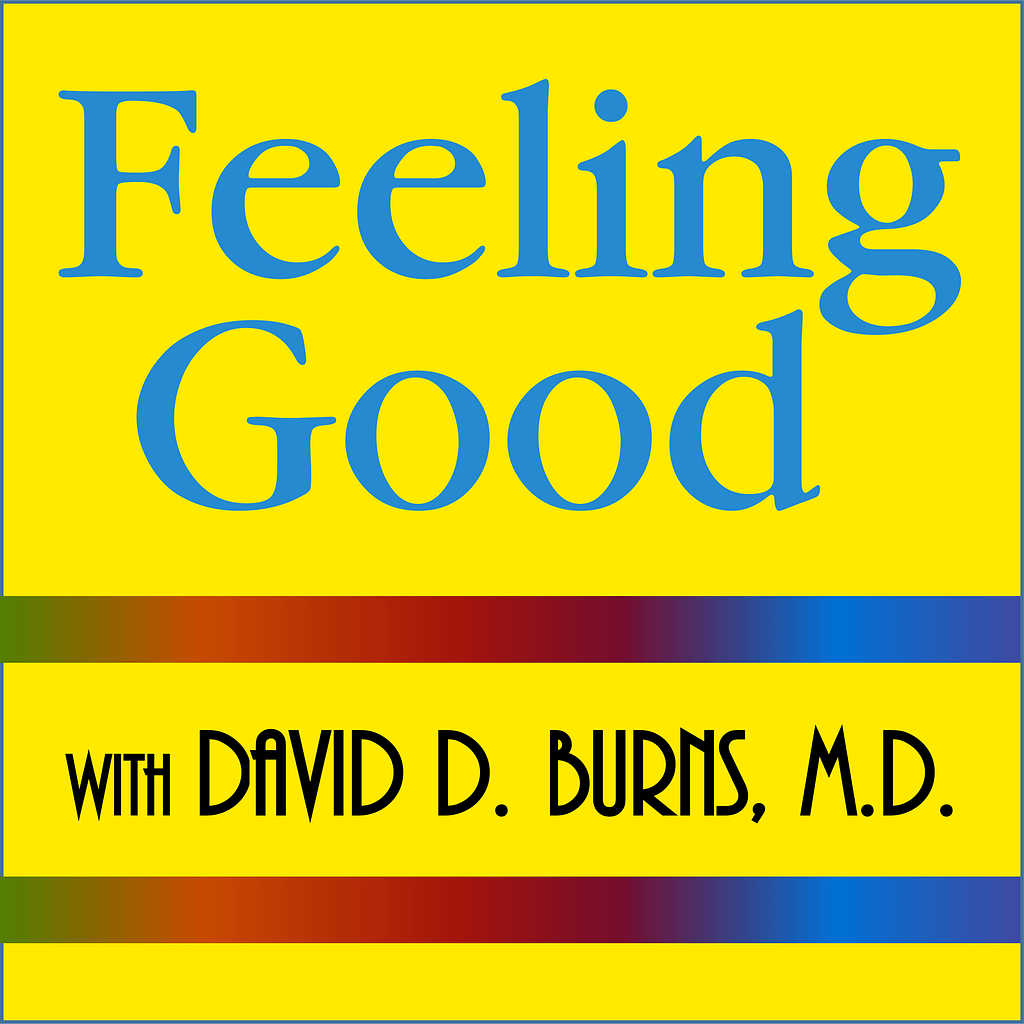Part 4—A = Paradoxical Agenda Setting (PAS, cont’d
As the session continues, Jill and David encourage Mark to develop his list of positives. Mark draws a blank at first. This is very common among patients and therapists alike. Most of us have not been trained to think about depression, anxiety, shame, defectiveness, hopelessness and anger as being good or positive. In fact, we think of them as symptoms of “mental disorders,” according to the DSM (Diagnostic and Statistical Manual of the American Psychiatric Association.) So we think of them as bad, something to get rid of, something needing treatment.
The paradox is resolved with the Magic Dial. Toward the end of this podcast, you will want to review Mark’s Daily Mood Log, with the Goal column filled out on the table of negative emotions.
David points out that there is no single tool or technique that triggers recovery in patients. Instead, each component of T E A M contributes in radically different ways to the substantial or even dramatic improvement the therapists are hoping to bring about it today’s session.
In the next Podcast, David and Jill will begin the M = Methods portion of the session.
